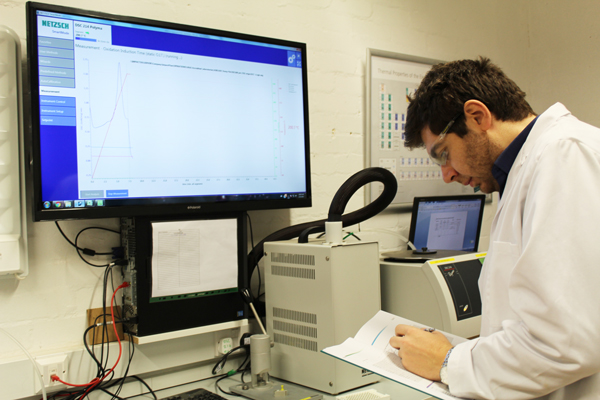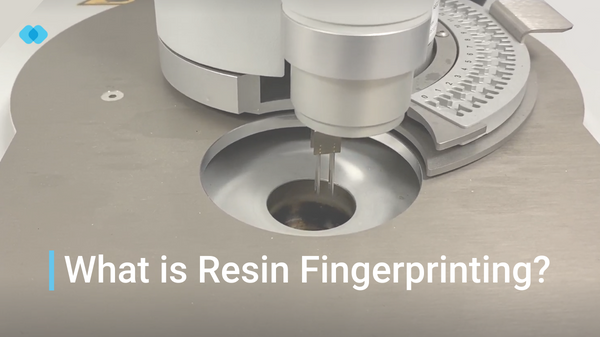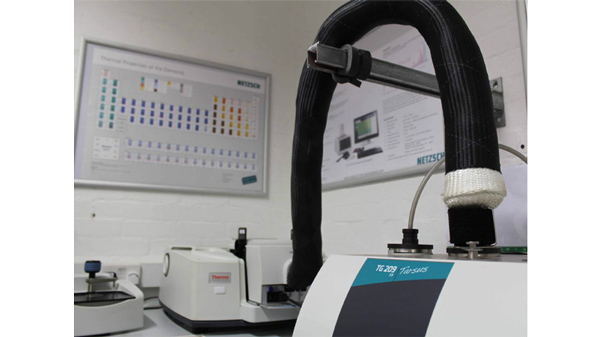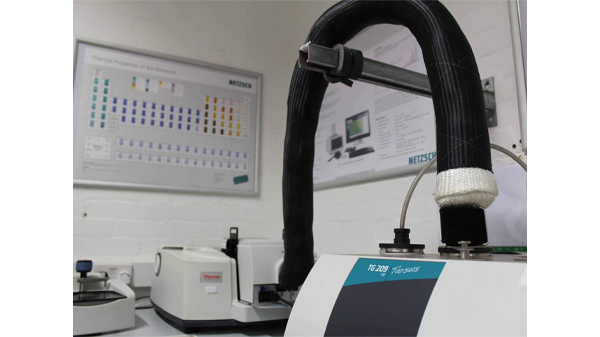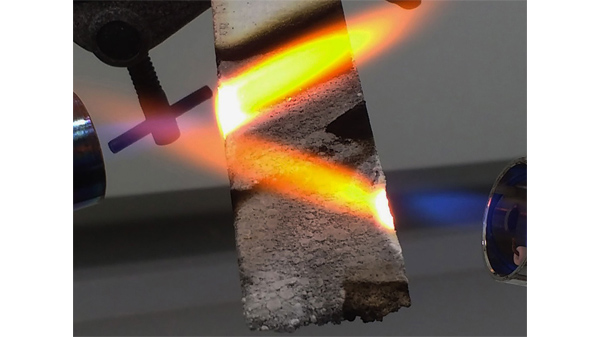What is dynamic mechanical analysis (DMA)?
Dynamic mechanical analysis (DMA) is a technique used to study and characterise the viscoelastic behaviour of polymers according to ASTM D4065, D4440 and D5279. DMA measures the modulus of elasticity (storage modulus, G’ or loss modulus G’’) and damping coefficient (Tan Delta: ratio of G” to G’) as a function of temperature, time or frequency by applying an oscillating force to the sample.
This approach can be used to identify transitions in plastic materials, which correspond to the molecular motions, such as the glass transition temperature or β relaxation (local movement of polymer groups). DMA is much more sensitive than other techniques identifying transitions in composite materials and polymer thin films coated with solid substrates, which are beyond the resolution of the differential scanning calorimetry (DSC).
DMA techniques support the plastic research and development industry, enabling the accurate identification of the mechanical properties of the new materials, within a broad temperature range (-150 C to 600 C). Furthermore, DMA is a necessary technique used for the quality assurance of the plastic materials, allowing the recording of the phase transitions and their comparison against the standards and the product specifications/restrictions.
